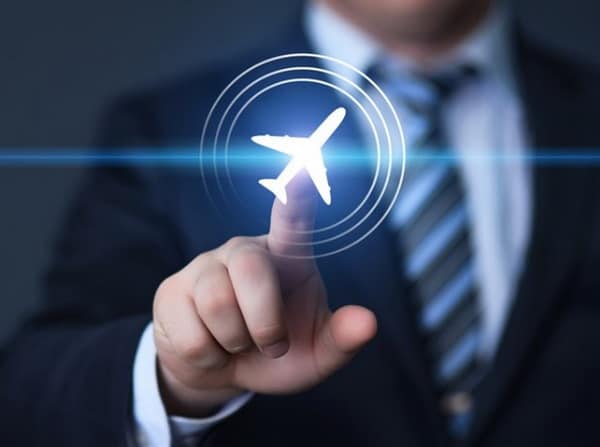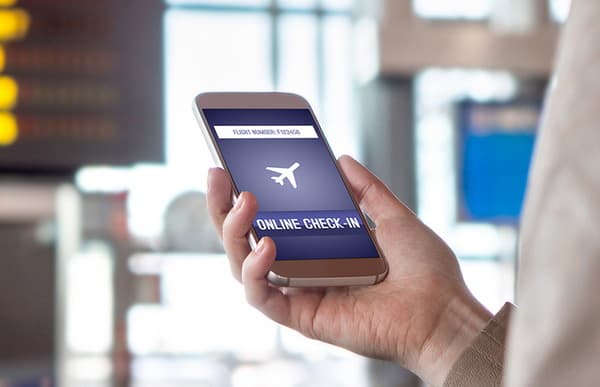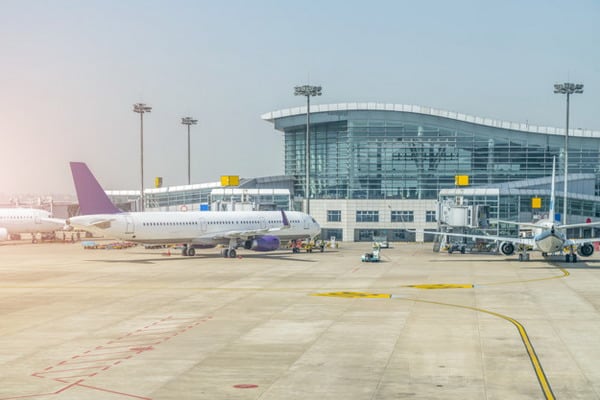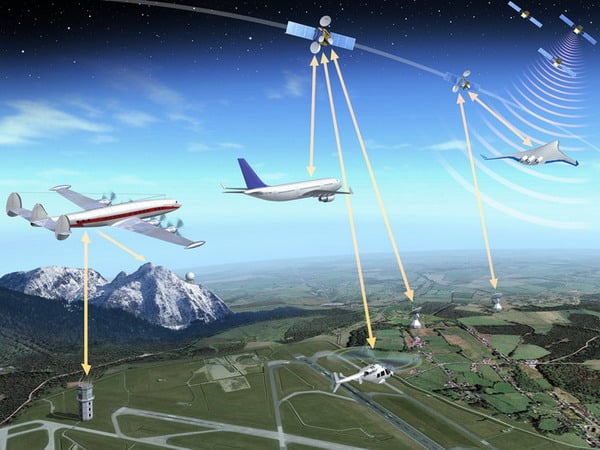We are approaching the official end of 2020, another exciting year for the travel and hotel industry. We are one step closer to the future and all of these innovative technologies that we have dreamed of since the “Jetsons” broadcast.
Every year we set out to present the most exciting technology trends that are said to steal the show from everyone the following year and have a massive impact. Read through our articles from previous years for 2020 and present and recall what was popular at the time.
Now we want to focus specifically on the technology trends in the travel industry for 2021 and find out what the future holds for the hotel industry!
Face recognition
Over the past few years, your face has become the key to your smartphone, a password for your banking transactions and also to confirm your identity in connection with the photos on your identification document. Accordingly, some airports around the world are experimentingincreasingly with the application of the face recognition trend, which may reduce the annoying waiting times at several security checks. It is believed that the majority of travelers will soon be able to use their faces themselves as identification documents and that security checks at the airport can be passed more quickly without having to show their ID, passport or driver’s license. The key words for the future are immediacy, automation and precise solutions that make the travel experience even easier and less stressful than ever before. Of course, face recognition has its advantages and disadvantages, but it is undoubtedly fascinating to see the technological concepts on which we will travel in the future. For example, Singapore recently announced that by 2025, all travelers will have access to a fully automated immigration system with face recognition and iris scan.
Self-service check-in
Speaking of immediacy and quick fixes, we should look at another technological trend that is likely to prevail in 2021, both when checking in (luggage) at the airport and when checking in at hotels , We all know that different generations of travelers have different preferences and expectations for hotels and that a single solution can no longer meet all of these expectations. This applies in particular to the process of checking in to hotels: some guests would like to be welcomed and have the work done by a hotel employee, while others prefer to get this step done quickly and check in themselves. A check-in machine has been proven to save hoteliers costs and enable the automation of processes. Guests, in turn, have another option to save time. Self-service check-in may also result in more upsell chances, as additional services can be displayed easily and guests have the opportunity to choose the services that best suit their needs. If you are not really convinced yet, you will find that best suit their needs. If you are not really convinced yet, you will find that best suit their needs. If you are not really convinced yet, you will find Here are 5 good reasons why your hotel should offer self-service check-in.
Smart integrations & personalization
Meanwhile, daily processes are becoming complicated for companies whose software is not linked. Of course, it is important to focus on independent systems and their unique selling points. But it is no less important to keep an eye on their integration options. In these modern times, companies in the hotel industry have to consider their indispensable technologies as parts of the same puzzle: for optimal results, they all have to fit together seamlessly. How important smart integrations we have been emphasizing for some time. In the meantime, we can say with certainty that this is not just a trend, but a property that you can no longer do without in the 21st century. Integrations not only make daily processes more uncomplicated, faster and more efficient, they also enable guests to personalize their experiences. For example, if the PMS system of a hotel is linked to the platform for feedback management, valuable insights into guest expectations and experiences (from questionnaires before the stay or previous communication with hotel guests) can be automatically transferred and saved in the PMS. This results in more detailed and relevant guest profiles that provide hoteliers with valuable information about their guests.
VR / AR / KI: What is actually behind these abbreviations?
There is nothing really new in this area, but some of these technological innovations have been making themselves felt in the hotel industry for some time and will certainly continue to do so. The hype may decrease somewhat, but these innovations are getting better every day and have ever greater reach. Chatbots and artificial intelligence are used globally for a wide variety of purposes, in particular to optimize communication with guests. They are always better at mimicking human behavior and the bottom line is proven to save time and money. The hotel industry is the perfect application for virtual and augmented reality(VR and AR) because they enable visual exploration of travel destinations, accommodations and settings. VR and AR are in no way indispensable for hotels, which in all likelihood will not be the case in the near future either. Nevertheless, these are excellent examples of functions that can be used to enrich the itinerary of guests – which can result in a higher popularity rating for a hotel and more bookings. These technologies evolve every year, and these exciting innovations can definitely improve the quality of the itinerary of guests. So it’s likely that their popularity will continue to grow over time.
Block Chain
At first glance, the word “blockchain” may sound a bit confusing, a little too tech-savvy, and somehow futuristic. However, this is a solid concept that has already made a few waves in the hotel and travel industry and is likely to play an increasingly important role in 2021. Blockchain is basically a list of public records in which different transactions between contracting parties are securely stored via cryptography. This gives the travel industry the opportunity to securely handle processes and transactions, especially in connection with payments. Blockchain technology works decentrally, which means that data can be stored even more securely, transparently and reliably. Information cannot be lost or changed without the consent of everyone involved. In the age of cybersecurity and unfortunately also online theft, blockchain represents a technology that can guarantee safe and stable processes that can simplify the travel experience and save us a lot of headaches. If you would like to find out more in detail about how blockchain can be used in the hotel industry, you will find a great one hereArticles on the subject.




